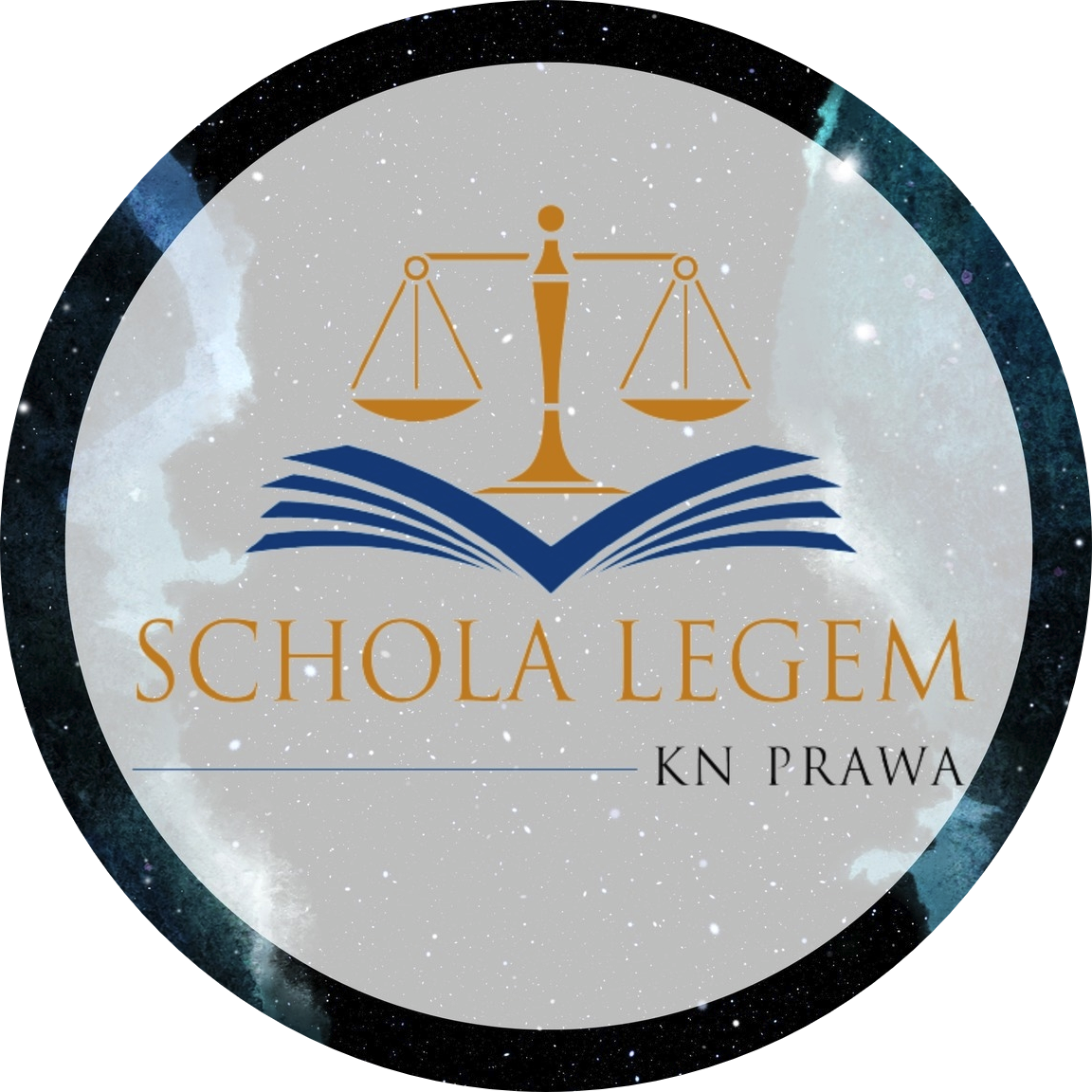On 20 December 2022, second debate of the academic year 2022/2023 of the law-oriented academic cirlce SL took place. The debate’s main topic was the issue whether the voting age ought to be lowered in correlation with the current legal status.
The debate was run by the proxy of Schola Legem – Maksym Musiał, with the usage of the timer to
keep track of the time given to everyone for speaking up.

The members of the debate underlined their opinions on the subject by forming logical and concise speeches in the scheduled time of two minutes. What is more, the statements were also confronted with different points of view by using the time of one minute for a comment to the latest speech.
The majority of the participants of the debate opted to maintain the current status quo in the matter of obtaining the active voting rights in Poland, therefore at the latest turning 18 on election day.
The argumentation revolved around maturity of teenagers and experience, which is gained through the age progression, as well as difficulties connected to Article 62 of The Constitution of the Republic of Poland (which vividly sets the condition of achieving the voting age – turning 18) and the possibilites of escalation of influence of the populist parties on the decision of the underage voters. The participants also brought up the alternative solution to the problem – making underage to-be voters aware of the importance and the need to vote, bringing the topic of functions of the various organs of government more clear and trying to increase voter turnout (e.g. with the usage of the swiss solution – compulsory voting).

The members of SL also pointed out a different approach – id est changing (either lowering or raising) the voting age. Attention was brought to the possibilies of involvement of young people in elections by gradually familiarizing them with the electoral system by having them vote at the local level. Austrian electoral system was mentioned, in which teenagers, who have turned 16 can vote. The idea of lowering the voting age was criticized with facts, that the underage voters would not be a counterbalancing force to the much older voters proven by citation of low voter turnout in the 18-24 age group and the lack of mental preparation and maturity to be able to vote whilst being unstained with populism.
Nevertheless it was indicated that the barrier of turning 18 was an artificially delimited condition for obtaining the voting age. The view was confronted with Article 10 of Polish Civil Code, which states that “an adult is any individual who has attained eighteen years of age”. This recognition brought the discussion to the point of giving the artificial rule a meaning by connection with both the legal and social regulation.

Additionaly, a comment about the omnipresent social media, television and press causing the public’s outlook to be distorted by populist content was made. The participants of the debate came to a conclusion, that awareness and education about the populist content is the key to social resistance, which grants each and every voter to make a pragmatic and logical decison unspoiled by politicians’ phantasmagorias.
